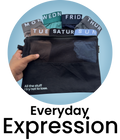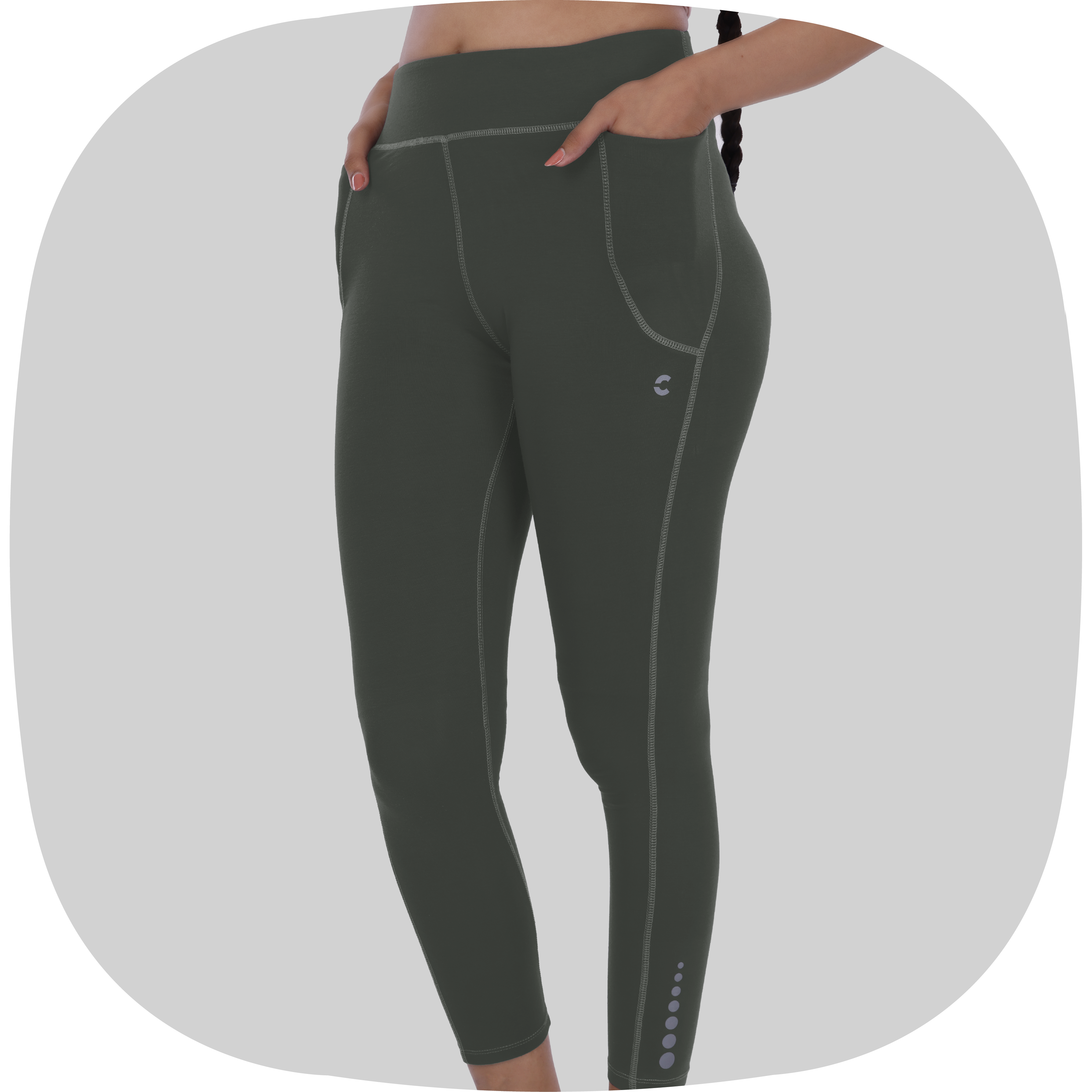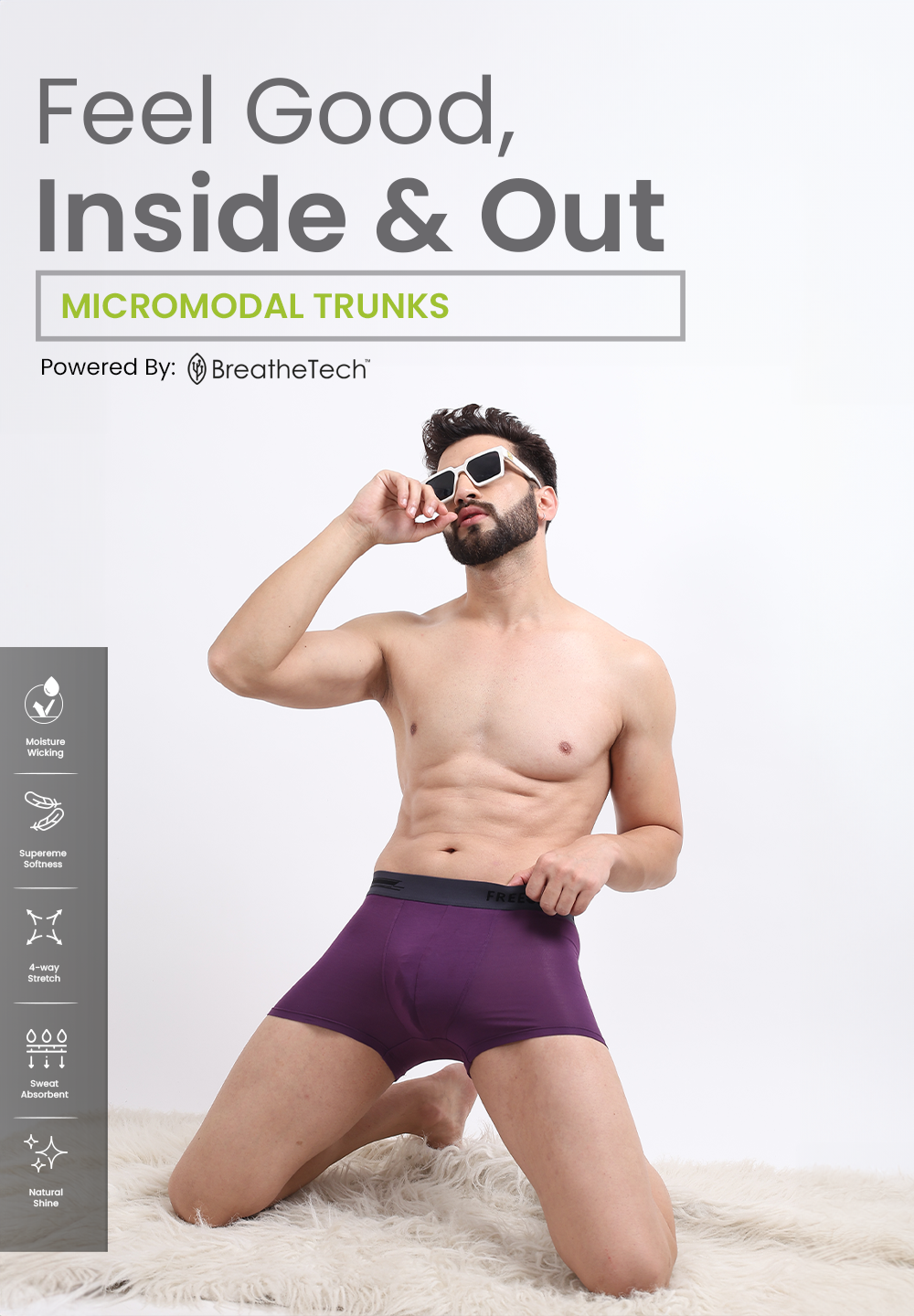The quest for ultimate comfort in men's undergarments often boils down to two champions: the reliable cotton vest and the timeless classic t-shirt. But which reigns supreme? As modern fabrics blur the lines between traditional definitions, understanding the nuanced differences is crucial. This exploration dives into a head-to-head comparison, scrutinizing aspects like breathability, layering versatility, style adaptability. Overall cost-effectiveness. We'll dissect the advantages of a snug-fitting vest for moisture-wicking during workouts against the casual appeal of a t-shirt for everyday wear, examining how each garment fares across diverse scenarios, ensuring an informed decision for your wardrobe.

Defining Comfort: Cotton Vests and Classic T-Shirts
Before diving into a head-to-head comparison, let's define what we're talking about. Both cotton vests and classic t-shirts are staples in Men's Fashion, offering comfort and versatility. But, their intended uses and constructions differ significantly.
A cotton vest, in this context, refers to a sleeveless undershirt, typically made of 100% cotton. Its primary purpose is to be worn beneath other clothing, providing a layer of absorption and insulation. Common features include a scoop neck or V-neck design and a close-fitting silhouette.
A classic t-shirt, on the other hand, is a short-sleeved shirt, also typically made of 100% cotton, designed to be worn as an outer garment. It often features a crew neck or V-neck and comes in a wider range of styles, colors. Fits, making it a cornerstone of Casual Wear.
Pros and Cons: Cotton Vests
Cotton vests offer several advantages. They also have drawbacks to consider.
Pros:
- Moisture Absorption: Cotton's natural absorbency helps wick away sweat, keeping your outer layers dry and comfortable. This is especially beneficial in warm weather or during physical activity.
- Insulation: A cotton vest provides a thin layer of insulation, helping to regulate body temperature in cooler conditions.
- Odor Control: By absorbing sweat, a cotton vest can help prevent odors from permeating your outer clothing.
- Comfort: Soft cotton feels gentle against the skin, reducing irritation and chafing.
- Affordability: Cotton vests are generally inexpensive and readily available.
Cons:
- Moisture Retention: While cotton absorbs moisture, it also retains it. This can lead to a damp and uncomfortable feeling, especially during intense sweating.
- Slow Drying Time: Cotton dries slowly, which can be problematic in humid environments or after heavy perspiration.
- Shrinkage: Cotton is prone to shrinkage after washing, so proper care is essential.
- Appearance: Cotton vests are typically not designed to be worn as outer garments. They can look awkward or unfinished on their own.
- Potential for Show-Through: Depending on the thickness and color of the vest, it may be visible through lighter-colored shirts.
Pros and Cons: Classic T-Shirts
Classic t-shirts are versatile and comfortable. They also have limitations.
Pros:
- Versatility: T-shirts can be worn in a wide range of settings, from casual outings to semi-formal events (when paired with appropriate outerwear).
- Style Options: T-shirts come in a vast array of colors, styles, fits. Designs, allowing for self-expression and personalization.
- Comfort: Cotton t-shirts are soft, breathable. Comfortable to wear.
- Durability: Well-made cotton t-shirts can withstand frequent washing and wear.
- Affordability: Basic cotton t-shirts are generally inexpensive.
Cons:
- Moisture Retention: Like cotton vests, cotton t-shirts retain moisture, which can lead to discomfort during heavy sweating.
- Shrinkage: Cotton t-shirts are also prone to shrinkage, requiring careful washing and drying.
- Wrinkling: Cotton t-shirts can wrinkle easily, requiring ironing or steaming to maintain a neat appearance.
- Odor Retention: Cotton can trap odors, especially if not washed promptly after sweating.
- Potential for Fading: Colored cotton t-shirts can fade over time with repeated washing.
Material Matters: Exploring Cotton Types
The type of cotton used in both vests and t-shirts significantly impacts their performance and feel. Here's a look at some common cotton varieties:
- Regular Cotton: The most common and affordable type of cotton. It's generally soft and absorbent but can be prone to shrinkage and wrinkles.
- Combed Cotton: This cotton has been combed to remove short fibers and impurities, resulting in a smoother, softer. More durable fabric.
- Ring-Spun Cotton: Ring-spun cotton is made by continuously twisting and thinning the cotton strands, creating a stronger, softer. More durable yarn.
- Organic Cotton: Grown without the use of synthetic pesticides or fertilizers, organic cotton is a more sustainable and environmentally friendly option.
- Pima/Supima Cotton: These extra-long staple cottons are known for their exceptional softness, strength. Resistance to fading, pilling. Shrinking. They are considered premium cotton varieties.
For example, a t-shirt made from Supima cotton will likely be significantly softer, more durable. Less prone to shrinkage than a t-shirt made from regular cotton. Similarly, a combed cotton vest will feel smoother and more comfortable against the skin than a vest made from uncombed cotton.
Real-World Applications and Use Cases
The choice between a cotton vest and a classic t-shirt depends on the specific situation and personal preferences. Here are some real-world scenarios to consider:
- Under Formal Wear: A thin, white cotton vest is ideal for wearing under dress shirts to absorb sweat and prevent show-through.
- During Exercise: While cotton absorbs sweat, it's not the best choice for high-intensity workouts. Moisture-wicking synthetic fabrics are generally preferred. But, for light activities like walking or yoga, a cotton t-shirt might be comfortable.
- Casual Outings: A classic t-shirt is a versatile choice for casual outings, whether it's running errands, meeting friends, or relaxing at home.
- Layering: Both cotton vests and t-shirts can be used for layering. A vest can provide an extra layer of warmth under a sweater or jacket, while a t-shirt can be worn under a button-down shirt for a more casual look.
- Sleeping: Many people find cotton t-shirts comfortable to sleep in.
Personal Anecdote: I often wear a lightweight cotton vest under my dress shirts during the summer months to stay cool and prevent sweat stains. But, when I go hiking, I always opt for a moisture-wicking t-shirt to keep me dry and comfortable.
Care and Maintenance: Extending the Life of Your Garments
Proper care is essential for maintaining the quality and longevity of both cotton vests and classic t-shirts.
- Washing: Wash cotton garments in cold water with a mild detergent to prevent shrinkage and fading.
- Drying: Tumble dry on low heat or hang to dry. Avoid high heat, which can cause shrinkage and damage the fibers.
- Ironing: Iron cotton garments on a medium setting. Use steam to remove wrinkles.
- Storage: Store cotton garments in a cool, dry place. Avoid storing them in direct sunlight, which can cause fading.
It's also crucial to follow the care instructions on the garment label. Some cotton garments may require special care, such as dry cleaning.
Beyond 100% Cotton: Exploring Blends
While 100% cotton is a popular choice, many vests and t-shirts are made from cotton blends. These blends combine cotton with other fibers, such as polyester, rayon, or spandex, to enhance certain properties.
For example, a cotton-polyester blend can improve durability, wrinkle resistance. Moisture-wicking. A cotton-spandex blend can add stretch and flexibility. These blends offer a wider range of performance characteristics and can be a good option for those seeking specific benefits beyond what 100% cotton provides.
The specific blend ratio will affect the garment's properties. For example, a 60% cotton/40% polyester blend will retain more of cotton's softness and breathability, while a 40% cotton/60% polyester blend will be more durable and wrinkle-resistant.
Conclusion
Ultimately, choosing between a cotton comfort vest and a truly classic t-shirt depends on your individual needs and priorities. As someone who values both comfort and versatility, I've found myself gravitating towards vests during colder months for that extra layer of warmth and a touch of modesty under slightly sheer shirts. T-shirts, on the other hand, remain a staple for casual outings and warmer weather. The key takeaway here is to consider the occasion, the weather. Your personal style. Don't be afraid to experiment and find what works best for you. Are you prioritizing breathability for a workout? A t-shirt might be the better choice. Need something to wear under a button-down for a more polished look? A vest could be your answer. The best practice is to have both in your wardrobe, ready to adapt to any situation. So go ahead, invest in quality pieces that make you feel confident and comfortable.
More Articles
Comfortable Briefs For Men Daily Wear – Breathable Fabric & All-Day Support
Printed Bandana For Men Face Mask – Stylish Protection & Versatile Design
Women's Cotton Boxers For Anti Chafing – Breathable Comfort & All-Day Freshness
Boy Shorts For Women Under Skirts – No Ride-Up & Smooth Silhouette
FAQs
Okay, so what's the real difference between a cotton comfort vest and a classic t-shirt? I always get them mixed up!
Good question! Think of a cotton comfort vest as underwear – it's designed to be worn under other clothes. It's usually sleeveless and has a closer fit. A classic t-shirt, on the other hand, is meant to be worn as an outer garment. It has sleeves (short ones, usually!) and a more relaxed fit.
Comfort is key for me. Which one breathes better in hot weather?
That depends on the specific fabric weight of each. Generally, a cotton comfort vest might have a slight edge due to less fabric and the sleeveless design, allowing for more airflow. But, a lightweight cotton t-shirt can be just as breathable, especially if it's a looser fit.
When should I choose a vest over a tee. Vice versa?
Choose a vest when you want an extra layer of warmth without bulk, or to prevent sweat from soaking through your shirt. Think under a dress shirt for a formal event, or under a sweater in winter. Go for a t-shirt when you want a casual, comfortable top that can stand on its own. Perfect for everyday wear, workouts, or layering under a jacket.
Are there any situations where wearing a vest under a t-shirt is a good idea?
Absolutely! If you're wearing a slightly sheer or light-colored t-shirt, a vest underneath can provide a bit more coverage and prevent anything embarrassing from showing through. It can also help absorb sweat and keep you feeling fresher for longer.
Durability-wise, which one typically lasts longer?
Honestly, it's a bit of a toss-up! It really depends on the quality of the cotton and how well you care for them. Higher-quality cotton in either garment will last longer. Look for thicker weaves and reinforced seams in both.
What about style? Can I really wear a vest as a shirt on its own?
While technically you could, wearing a cotton comfort vest as an outer shirt is generally not considered stylish. It's usually seen as underwear. A t-shirt is specifically designed to be worn as a top and comes in countless styles, colors. Patterns, offering way more versatility.
Okay, so to sum it up, what are the major pros and cons of each?
Alright, here's the quick rundown: Cotton Comfort Vest - Pros: Adds warmth without bulk, sweat absorption, can prevent show-through. Cons: Not meant to be worn as an outer shirt, limited style options. Classic T-Shirt - Pros: Versatile style, can be worn alone, many color and design options. Cons: Can be bulky as an underlayer, might not provide as much sweat absorption as a vest.





